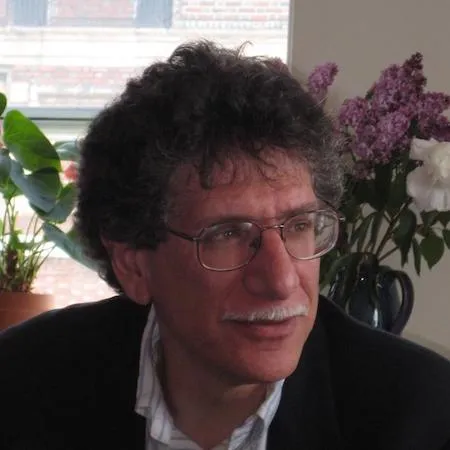Microbes control planet Earth. Yet, integrating microbial information into large scale-perspectives and models remains difficult. Classical biogeochemical models assume that microbes are in equilibrium with their environment; hence as long as conditions remain “quasi-steady state” such models work. However, the world is increasingly in a non-steady state. Particularly, the hydrological cycle is in increasing disarray. At least 1/3 Earth’s land experiences regular drought, and climate models suggest this will increase. However, the biological processes occurring during the dry season have only been studied by inference from what happens when the rains return. Important dry soil phenomena remain unexplained, such as the "Birch Effect"—the pulse of respiration on rewetting a dry soil. Where does the carbon come from? These processes appear to result from a combination of microbial drought survival physiology and disconnections in soil water films that limit substrate diffusion. A focus of the talk will be about how we bridge the scales from the micro- to the ecosystem: How can we capture key microbial dynamics in models that are parameterizable at ecosystem to global scales?
Presenters

Joshua Schimel
Dr. Joshua Schimel is a Professor in the Department of Ecology, Evolution & Marine Biology and the Environmental Studies Program at the University of California, Santa Barbara. His research integrates microbial ecology and biogeochemistry, evaluating how soil microbial communities function and, in turn, regulate ecosystem-scale processes, particularly soil carbon dynamics. His focus is on bridging scales—when does fine-scale information add insight to larger-scale science and how to use models to integrate insights from the different scales. Primary research areas have been the Arctic in...

Joshua Schimel
Dr. Joshua Schimel is a Professor in the Department of Ecology, Evolution & Marine Biology and the Environmental Studies Program at the University of California, Santa Barbara. His research integrates microbial ecology and biogeochemistry, evaluating how soil microbial communities function and, in turn, regulate ecosystem-scale processes, particularly soil carbon dynamics. His focus is on bridging scales—when does fine-scale information add insight to larger-scale science and how to use models to integrate insights from the different scales. Primary research areas have been the Arctic in Alaska and Greenland, and in dry Mediterranean ecosystems of California, environments that are stressed by low water availability and wetting/drying cycles. Joshua has published >180 papers and is the author of Writing Science, published by Oxford University Press. He is an Aldo Leopold Leadership Fellow, a Fellow in the Ecological Society of America, and recipient of the Career Achievement Award from the Soil Ecology Society.